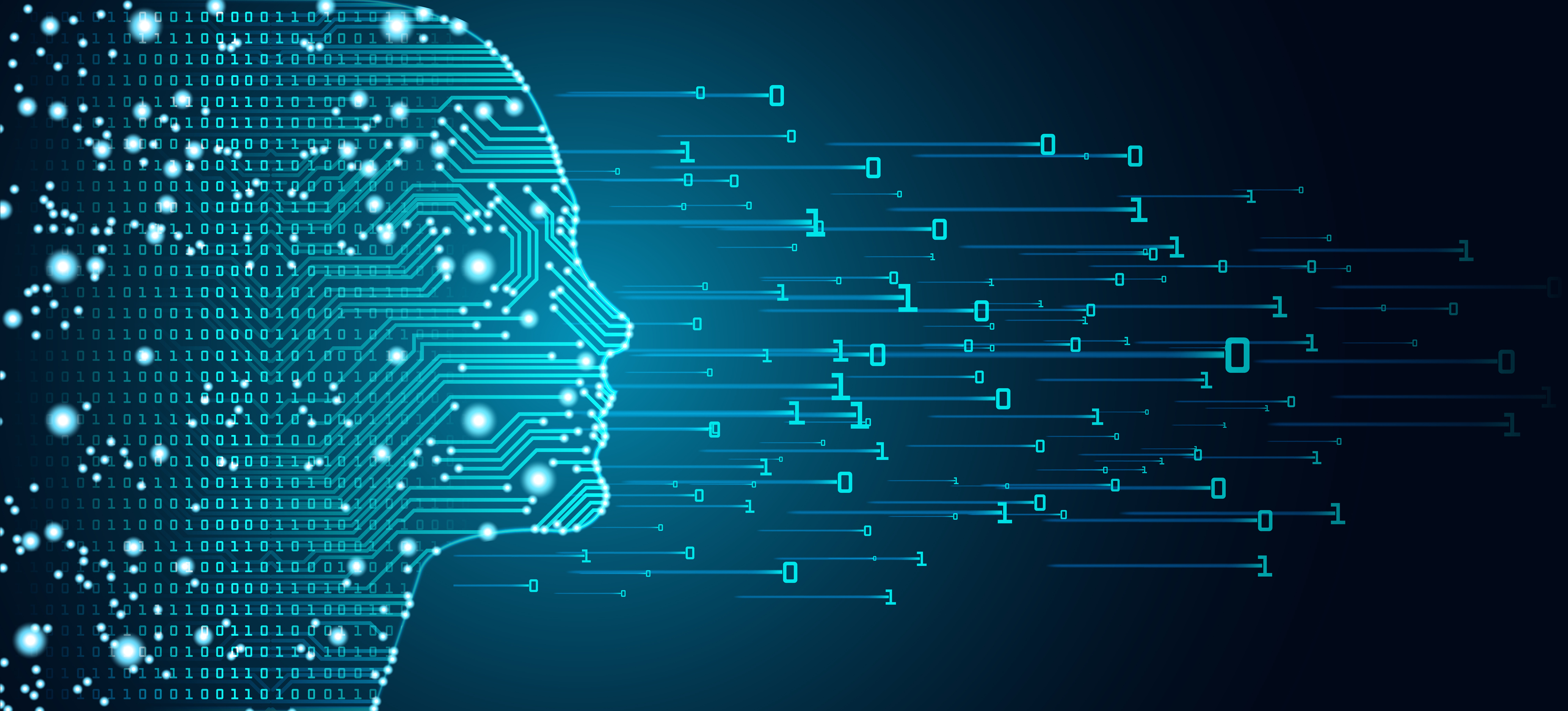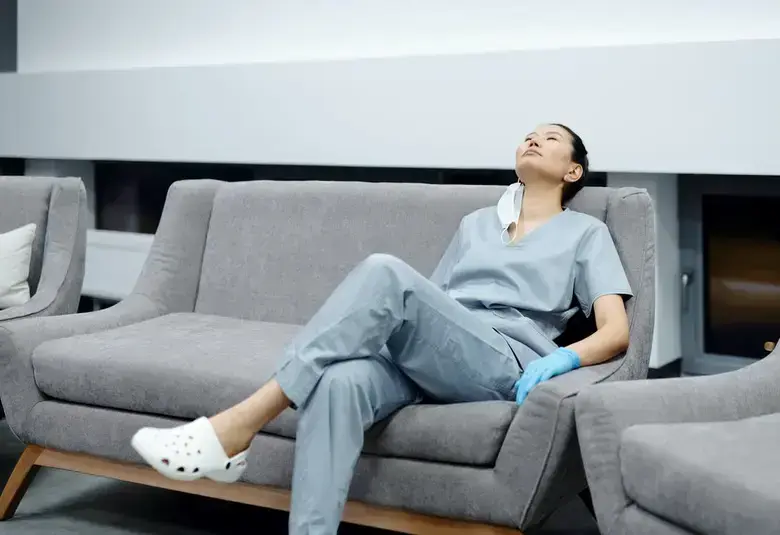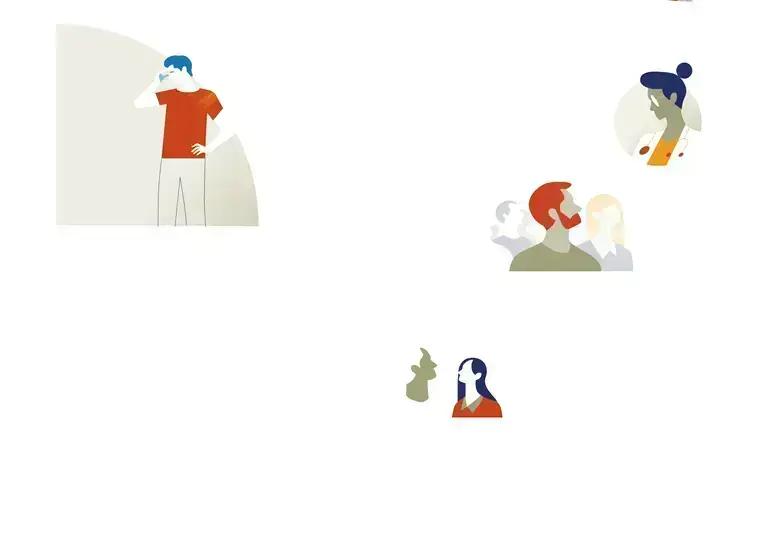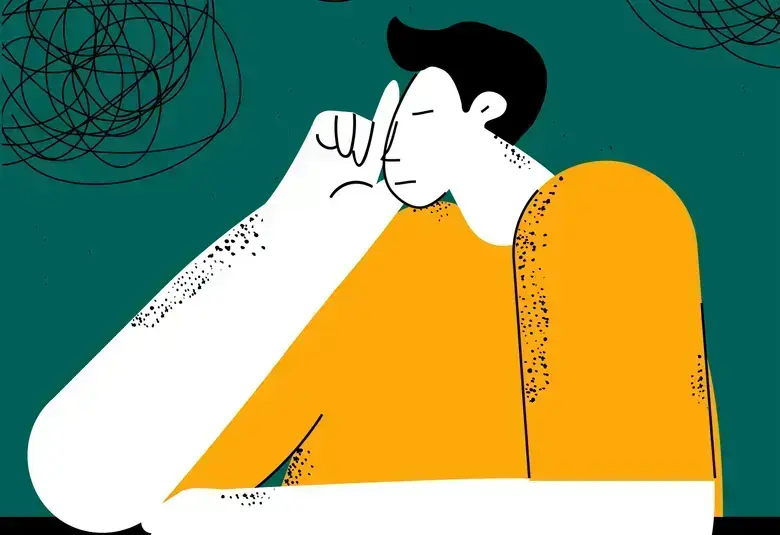Machine learning has potential in aiding objective psychiatric diagnosis and in the prediction of events such as suicide and the development of mental ill-health in people at risk. But the value of standalone apps in treating seriously ill patients has still to be proven.
In theory, machine learning and digital technologies can provide high standards of diagnosis and individualized care for patients while saving millions in cost. In practice, we are still some distance from achieving this. But, as those attending ECNP 2020 Virtual were told, there are encouraging signs along the way.
One such sign is that automated semantic analysis of ten minutes of free speech can differentiate psychiatric patients from controls with high sensitivity and specificity, Dina Popovic (Sheba Medical Centre, Tel HaShomer, Israel) told the symposium on machine learning. This follows evidence that machine learning can, for example, use speech analysis to identify comorbid psychiatric conditions in people with epilepsy.1
Smartphone data can act as an electronic biomarker of illness activity
Real-world monitoring of illness activity
We also have encouraging evidence from the MONARCA study of people with bipolar disorder that objectively collected smartphone data on incoming and outgoing calls and messages correlate well with scores on clinical rating scales of depression and mania.2 The smartphone data also distinguished between affective states.
Another research group has developed a machine learning model which uses data on daily mood collected by a smartphone app to distinguish between healthy controls and patients with either bipolar or borderline personality disorder.3
Early days for standalone treatment apps
On the current evidence, apps have potential value as standalone interventions in patients with mild-to-moderate depression or anxiety, said Diego Hidalgo-Mazzei (Hospital Clinic de Barcelona, Catalunya, Spain). But in recurrent or severe depression, schizophrenia and bipolar disorders, there is evidence of benefit only when apps are used as an adjunct to traditional approaches, or blended with them.
Treatment apps cannot be recommended as a standalone intervention for serious mental health problems
In a meta-analysis of randomized controlled trials in depression, smartphone interventions had a moderate positive effect in comparison to inactive controls, but only a small effect in comparison to active controls, Professor Hidalgo-Mazzei reported. And in the majority of cases, the apps were used as an additional treatment. 4
A further meta-analysis of standalone apps for depression found only a small overall effect on symptoms.5
In conclusion, although some trials show the potential of smartphone apps targeting mental health symptoms, current evidence does not justify their recommendation as standalone psychological interventions.
Predicting rare events
In the Q&A that followed the symposium, Professor Popovic suggested that machine learning has potential in aiding objective psychiatric diagnosis, in evaluating suicide risk, and in helping identify at-risk children who are themselves likely to develop mental ill-health.
But, in relation to treatment, the verdict remained that the value of standalone apps in seriously ill patients has still to be proved.
For the latest updates on sea.progress.im, subscribe to our Telegram Channel https://bit.ly/telePiM
Our correspondent’s highlights from the symposium are meant as a fair representation of the scientific content presented. The views and opinions expressed on this page do not necessarily reflect those of Lundbeck.
This content does not necessarily represent the opinion of ECNP.




